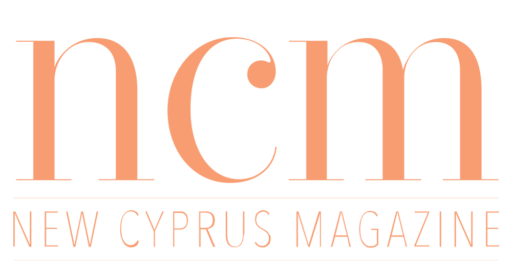The interview we conducted recently has become even more on topic as some 40 people gathered at Eziç Premier last Wednesday to listen to long-time TRNC resident and Unficyp veteran Willy Lindh tell his very personal story of the siege of Erenköy in the summer of 1964.
The event was organised by the Anglo Turkish Association (ATA) and was the second time Willy had given the talk, with many members having taken part in the annual Turkish Cypriot pilgrimage to the isolated enclave in the meantime.
Willy started with a brief introduction to the history of the Cyprus Problem and cultural attitudes in the region from the fall of Byzantium onwards, fast-forwarding to the state of emergency and events of 1931, 1955, the 1960s and 1970s, commenting on Makarios, Grivas and Sampson on the way.
He then moved on to his personal involvement, as a Swedish army officer serving with Unficyp during the inter communal fighting of 1964. At the beginning of August 1964, he was stationed in the north-west of the island. With 103 villages evacuated and most Turkish Cypriots living in safe haven enclaves inland, the coastal area around Erenköy — defended by 500 ill-equipped and untrained students — was the Turks’ only way to bring in arms and reinforcements, and had to be held at all costs.
When the Greek Cypriot forces launched a massive onslaught from both land and sea, the UN soldiers were ordered to withdraw and leave the Turkish Cypriots to their fate. Willy and his troops were pinned down under fire but eventually managed to regroup. After the intervention of the Turkish air force, fighting in the area stopped and in due course, the UN returned but their credibility had been damaged.
When the action moved on to Gaziveren and Lefke, Willy and some sympathetic colleagues were approached and asked to help the beleaguered Turkish Cypriots in that area. They agreed to transport weapons from Erenköy to Lefke but one day, acting on a tip off, the Greek Cypriots mounted a road block with 150 armed troops, and caught them. They were arrested, interrogated and eventually deported to Sweden, where they were put on trial.
What the officers had considered a humanitarian act was viewed by the Swedish authorities as a “terrible crime”. They were found guilty of violating the neutrality of both the UN and Sweden itself and sentenced to two years in prison; later reduced to eight months on appeal. They served the full eight months.
They thought at the time that the tip-off had come from within the Greek Cypriot community but it emerged later that a fellow Swedish officer was the source, with his Turkish Cypriot wife admitting her husband had betrayed his comrades “for money”. Not surprisingly, many questions and comments followed from the audience and Willy included several anecdotes in his frank answers.
In her closing vote of thanks, ATA chairman Pearl Mitchell said that the talk “probably encapsulated what many people here feel about the role of the UN at that time” and thanked Willy “for putting so much into perspective”. His book on the story of Erenköy is in the process of being translated into English and will be available next year. For more information on the ATA and future events, email Pearl Mitchell on atamail13@gmail.com
Click here to read the personal interview with Willy Lindh.

